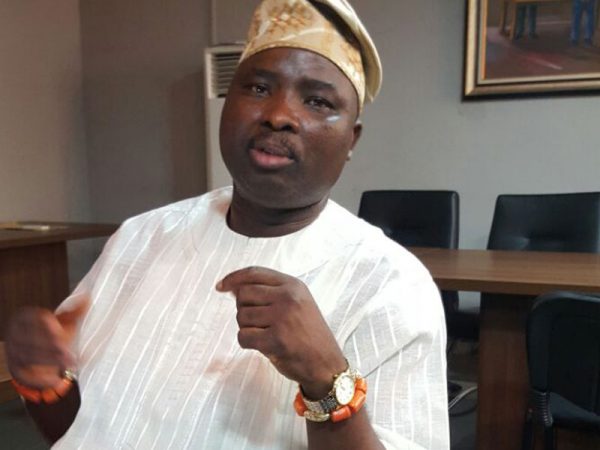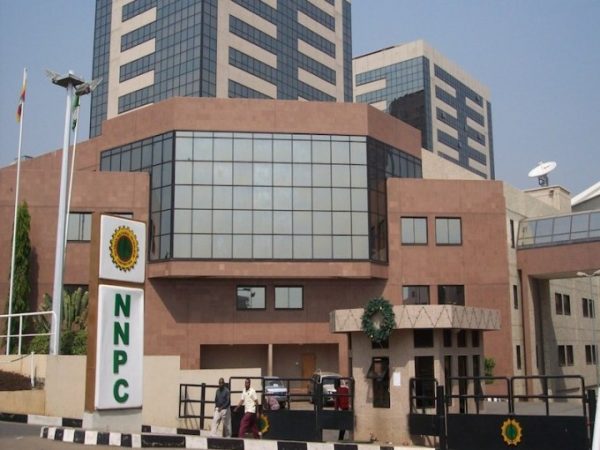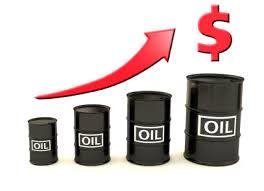Power: ‘70% of revenue losses come from unmetered consumers’

The highest amount of revenue losses in Nigeria’s power sector come from areas that have high concentration of unmetered electricity consumers.
It was also gathered that about 70 per cent of revenue losses recorded by power distribution companies were from these areas.
The Executive Director, Association of Nigerian Electricity Distributors, Sunday Oduntan, and the Managing Director, Abuja Electricity Distribution Company, Ernest Mupwaya, who confirmed this on Wednesday, stated that recent studies by power firms revealed that the companies earned more from areas with higher concentration of metered power users.
“Commissioned studies have shown that we incur more losses in areas where there are no meters. Our loss level in those areas is up to 70 per cent,” Mupwaya stated, while speaking at the inauguration of the second phase of the 222,728 mass metering programme of the AEDC in Abuja.
Power distribution companies are the revenue collection firms of the sector, as a percentage of the tariff they collect from power users is remitted to stipulated agencies in the industry and used to pay for the generation and transmission of more energy, among others.
Mupwaya added, “The losses are real and it is important to state that in areas where we have few meters, the resistance to pay is very high and the losses are huge. So, the losses are real because what is happening is that where we don’t have meters, it is very difficult to convince customers to pay on the basis of estimated billing.
“And because of that, you find out that we record low payment and when you calculate the amount of energy supplied and the amount realised, the gap is very high. Now, by installing meters, we are building confidence; the customers will be able to control their usage, match it with their resources and the willingness to pay will improve.”
On his part, Oduntan stated that it was wrong to state that Discos earned more from power users on estimated billing than from metered customers.
He said, “We incur more losses in areas where there are more customers on estimated billing, just as I explained to power users yesterday (Tuesday) in Nsukka, Enugu State, and today (Wednesday) in Abakaliki, Ebonyi State.
“The truth of the matter is that when we meter people, there is an assurance of revenue generation. It is only those who are mischievous that will continue to say that we don’t want to meter people because we enjoy estimated billing. The AEDC is rolling out meters and there is now assurance that we will make more money from those locations.”
On other causes of revenue losses in the sector, Mupwaya stated that the increase in the cost of energy sold by power generation companies without a commensurate rise in the tariff payable by power users was contributory to the liquidity squeeze in the industry.
He said, “There are also losses which are related to the tariff differential. The tariff at which we are buying energy is not very transparent to the public. Now, I can tell you that if you look at the period from 2015 to date, the price at which we buy energy has increased beyond 100 per cent; in fact, it is 105 per cent in the case of the AEDC.
“But there has not been a corresponding increase downstream. For the same period, the increase has been 16 per cent on the tariff and so that differential builds in a loss. So that is another form of revenue loss that contributes to the illiquidity in the sector because everybody relies on what we (Discos) are collecting.
“So if the price at which we are buying is already high, even if we are to make 100 per cent collection from customers, there will still be a gap and that is real.”
On the mass metering programme of the AEDC, he stated that the firm invested about N10bn in the second phase of the exercise, adding that the latest deployment of meters in the Disco’s franchise area had reduced its metering gap.







